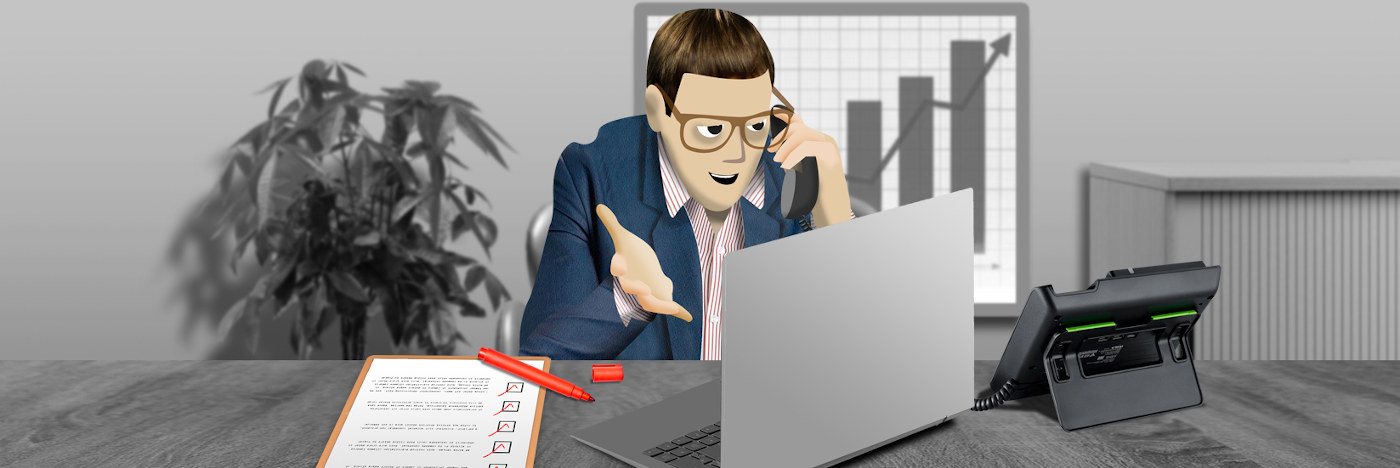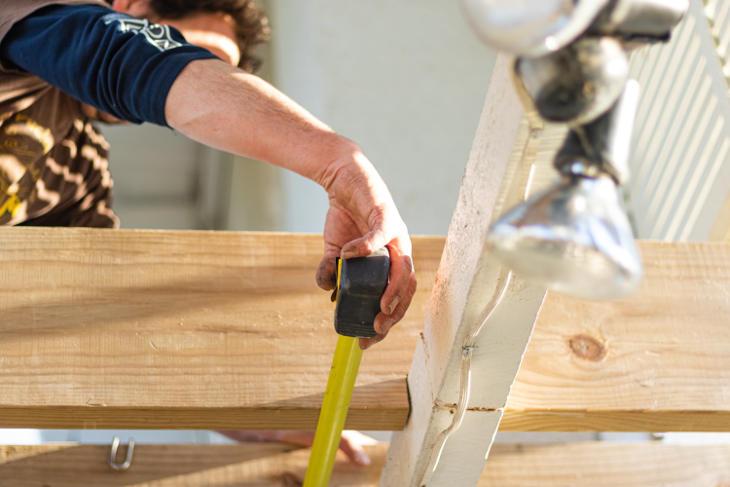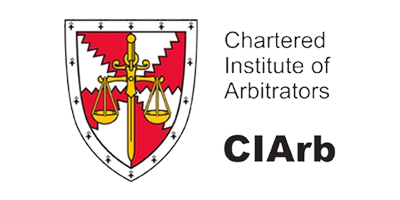

Blog
Have you got into the VAT reverse charge habit yet?

The long awaited 'VAT domestic reverse charge for building and construction services' is finally here, having come into force on 1st March after an 18 month delay.
It's early days, but if the tax rules of the Construction Industry Scheme - the CIS - apply to your business you may already be getting used to no longer charging VAT on your invoices to VAT registered customers. If not, you will need to begin doing so pretty quickly as there is not much in the way of a transition period.
There are a number of useful articles and online resources that can help sub-contractors and contractors understand what the VAT reverse charge scheme means, why it was introduced and the rules around when you should and should not charge VAT.
For the best guidance, speak to your accountant. But in the meantime, this comprehensive guide by Sage is a good starting point if you'd like to read up on the topic.
In a nutshell, the VAT reverse charge scheme was introduced by HMRC as a way to protect its loss of revenue due to businesses committing 'missing trader fraud'. This is when a construction industry sub-contractor would charge VAT on their invoice, collect the VAT and then disappear before paying the VAT due to the HMRC.
It is a similar scheme to those introduced by the HMRC in other industries such as mobile phone and computer chip retailing and wholesale energy supply. As the practice was deemed widespread in the construction industry, the HMRC had to act here too!
Construction industry sub-contractors now must not charge VAT on invoices to VAT-registered contractors, but instead state the VAT reverse charge rules apply. The onus is now on the contractor to record the amount of VAT due on the transaction, but it will not be able to make a claim for the VAT as clearly this has not been paid to the sub-contractor. The sub-contractor is, therefore, not liable to pay the VAT amount on this invoice either.
The need for this kind of scheme is unfortunate but it is understandable from the HMRC's position but it does mean two potential problems for sub-contractors...
Firstly, sub-contractors will need to make sure their admin systems and accounting software are fit for purpose. And secondly, if sub-contractors have previously used the VAT they have collected from contractor customers to assist with cashflow during a quarterly period, they will no longer be able to do so. So, there could be less available cash in the bank.
In addition to seeking expert assistance from an accountant, one way sub-contractors can help themselves is to ensure they have good working practices in place across the board when delivering contracts. With the right administration processes that ensure record-keeping and awareness of terms and deadlines is up to scratch, sub-contractors can take a big step towards better financial management and preventing losses.
This is where Quantum CPM can help with our Bundle of Services designed to help sub-contractors and contractors to put effective management systems in place and ensure that projects are run efficiently and profitably.
To find out more, contact Quantum CPM on 0161 974 6655 or email .


